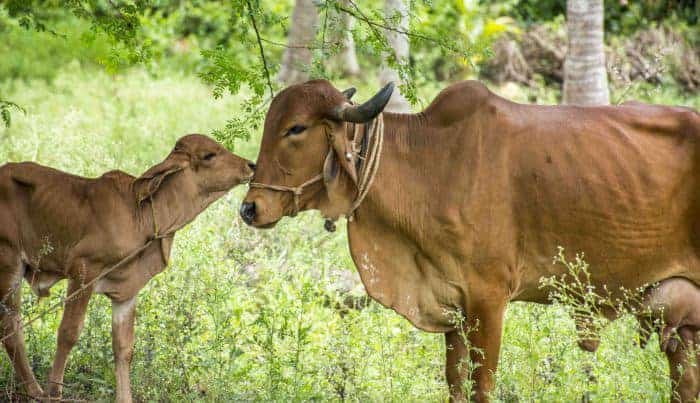
Breeding Policy for Buffaloes and Cattle Revised
Panaji: The state government has revised the policy for cattle and buffaloes in Goa. Considering the performance of existing cross-bred, exotic and indigenous animals in the state, the pattern for breeding of nondescript cattle, cross-bred cattle and nondescript buffaloes has been revised. The earlier policy had been framed based on the recommendations of Central/National Dairy Development Board’s reports. “Goa has hot and humid coastal conditions, wherein milch animal breeding with 100 % exotic blood-level should not be permitted. Maintaining 50 % exotic and 50 % indigenous blood-level has proved to be beneficial in terms of disease-resistance and adaptability to climatic conditions of the state,” the scheme reads.
According to the revised scheme, the breeding of nondescript cattle would be done artificially with 100% Jersey, HF, Gir, Sahiwal and Red Sindhi germ-plasm. The present nondescript cattle population stands at 31,465. The F1 and F2 generation would be bred with 100 % Jersey and HF germ-plasm of high pedigree bulls. It can also be bred with Gir, Sahiwal and Red Sindhi germplasm accordingly. To fulfil the increasing demand of milk in the state, upgrading of the available cross-bred cattle population has been proposed.
Meanwhile, the nondescript buffaloes will be bred with 100% Pandharpuri, Murrah germ-plasm of high pedigree while the existing Murrah buffaloes with only the Murrah germ-plasm. The indigenous/nondescript buffalo population stands at 25,630 in Goa. The directorate of animal husbandry and veterinary services has two farms a cattle breeding farm at Copardem in Satari and the government livestock farm and Dhat in Mollem were many of these breeds prevail.
The scheme also proposes that the stockmen training centre at Curti Ponda and ICAR, Old Goa and the Goa State Cooperative Milk Producers’ Union at Curti, Ponda carry out awareness on breeding activities and benefits which would be accrued.
A core committee has been formed to look into the above issue. It will also look after the revising of the breeding policy. It was decided that breeding policy shall be uniform throughout the state inclusive of Goa state co-operative milk producers union and other institutes. The breeding policy will be effective for a period of three years.
Source: The article is extracted from The Times of India, June 22, 2020.
